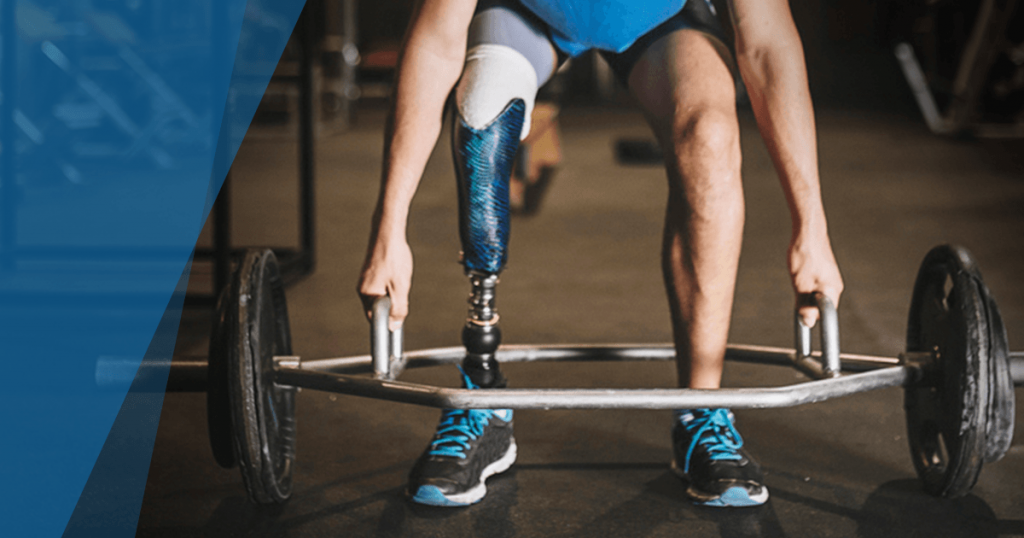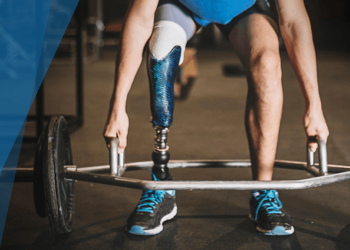The concept of inclusivity has gained increasing attention and importance. Adaptive fitness, also known as inclusive fitness, focuses on creating exercise programs and environments that accommodate individuals with disabilities or chronic conditions. It’s about breaking down barriers and providing opportunities for everyone to participate in physical activity, regardless of their abilities or limitations.
One of the key principles of adaptive fitness is customization. Each person’s needs, abilities, and limitations are unique, so it’s essential to tailor workouts to suit their individual circumstances. This might involve modifying exercises, adjusting equipment, or providing additional support to ensure that individuals with disabilities or chronic conditions can participate safely and effectively.
Another important aspect of adaptive fitness is accessibility. This encompasses not only physical accessibility to facilities and equipment but also ensuring that programs and activities are welcoming and inclusive to individuals of all backgrounds and abilities. Creating a supportive and inclusive environment can empower individuals with disabilities or chronic conditions to engage in fitness activities with confidence and enjoyment.

Adaptive fitness programs often incorporate a variety of exercise modalities to accommodate different needs and preferences. This might include strength training, cardiovascular exercise, flexibility training, balance exercises, and functional movements. By offering a diverse range of activities, individuals with disabilities or chronic conditions can find options that align with their interests and goals.
In addition to physical benefits, adaptive fitness can also have a positive impact on mental and emotional well-being. Engaging in regular physical activity can boost mood, reduce stress, improve self-esteem, and enhance overall quality of life for individuals with disabilities or chronic conditions. It can provide a sense of accomplishment, empowerment, and social connection, fostering a greater sense of belonging and community.
Adaptive fitness trainers and instructors play a crucial role in supporting individuals with disabilities or chronic conditions on their fitness journey. These professionals have specialized knowledge and expertise in working with diverse populations, understanding the unique needs and challenges they may face. They can provide guidance, encouragement, and personalized support to help individuals achieve their fitness goals safely and effectively.
In recent years, there has been a growing recognition of the importance of accessibility and inclusivity in the fitness industry. Many gyms, recreation centers, and community organizations now offer adaptive fitness programs and facilities designed to accommodate individuals with disabilities or chronic conditions. This represents a positive shift towards creating more inclusive and equitable opportunities for all to participate in physical activity.
Despite these advancements, there is still work to be done to ensure that adaptive fitness is accessible to all. This includes addressing barriers such as financial constraints, transportation limitations, and cultural stigmas that may prevent individuals with disabilities or chronic conditions from accessing fitness resources and services. By advocating for greater accessibility and inclusion in the fitness industry, we can continue to make strides towards a more equitable and supportive environment for all individuals to pursue their health and fitness goals.
Ultimately, adaptive fitness is about recognizing and celebrating the diversity of human abilities and experiences. It’s about creating opportunities for everyone to enjoy the benefits of physical activity, regardless of their background or circumstances. By embracing the principles of customization, accessibility, and inclusivity, we can foster a culture of empowerment, acceptance, and belonging in the fitness community, where everyone has the opportunity to thrive and succeed.




